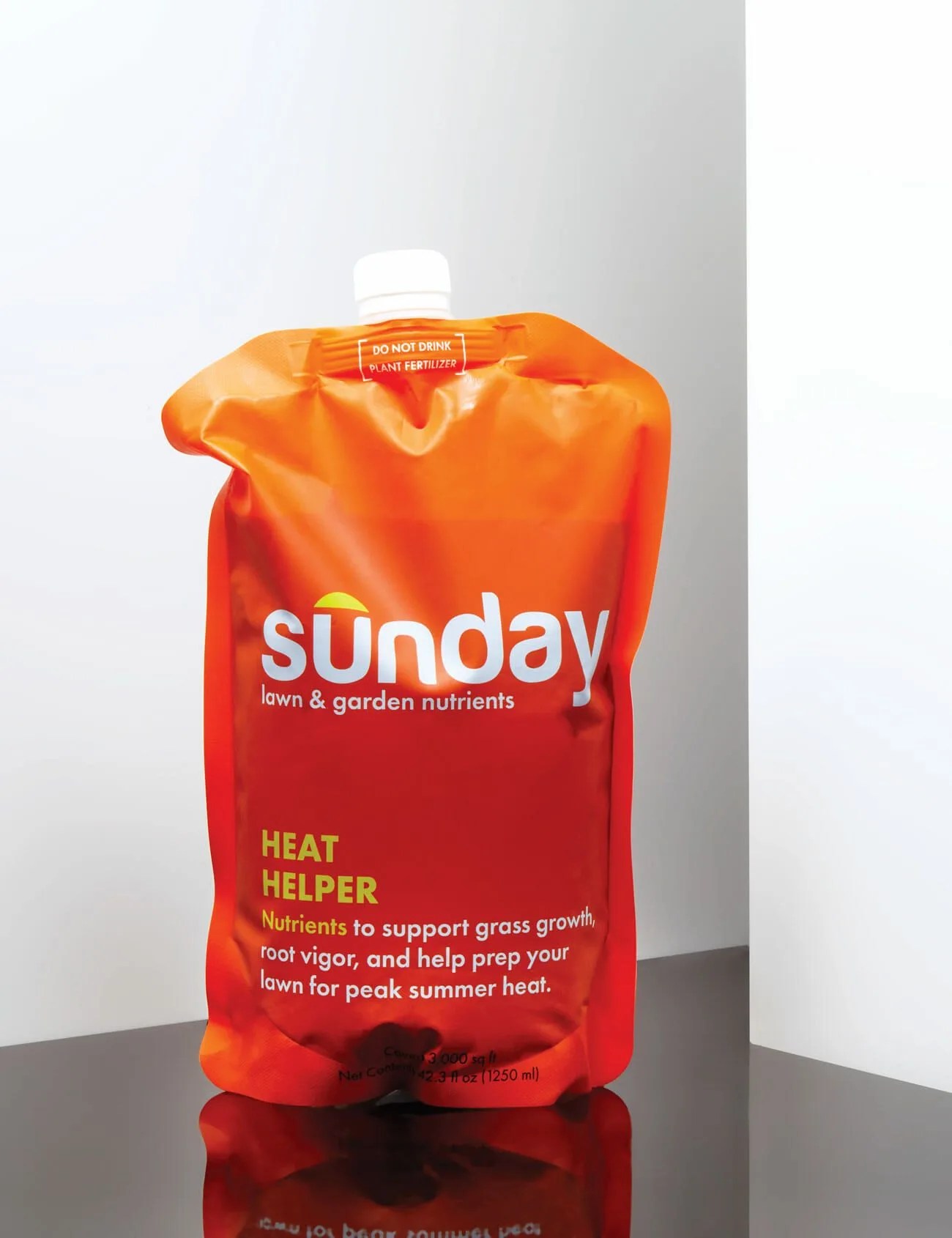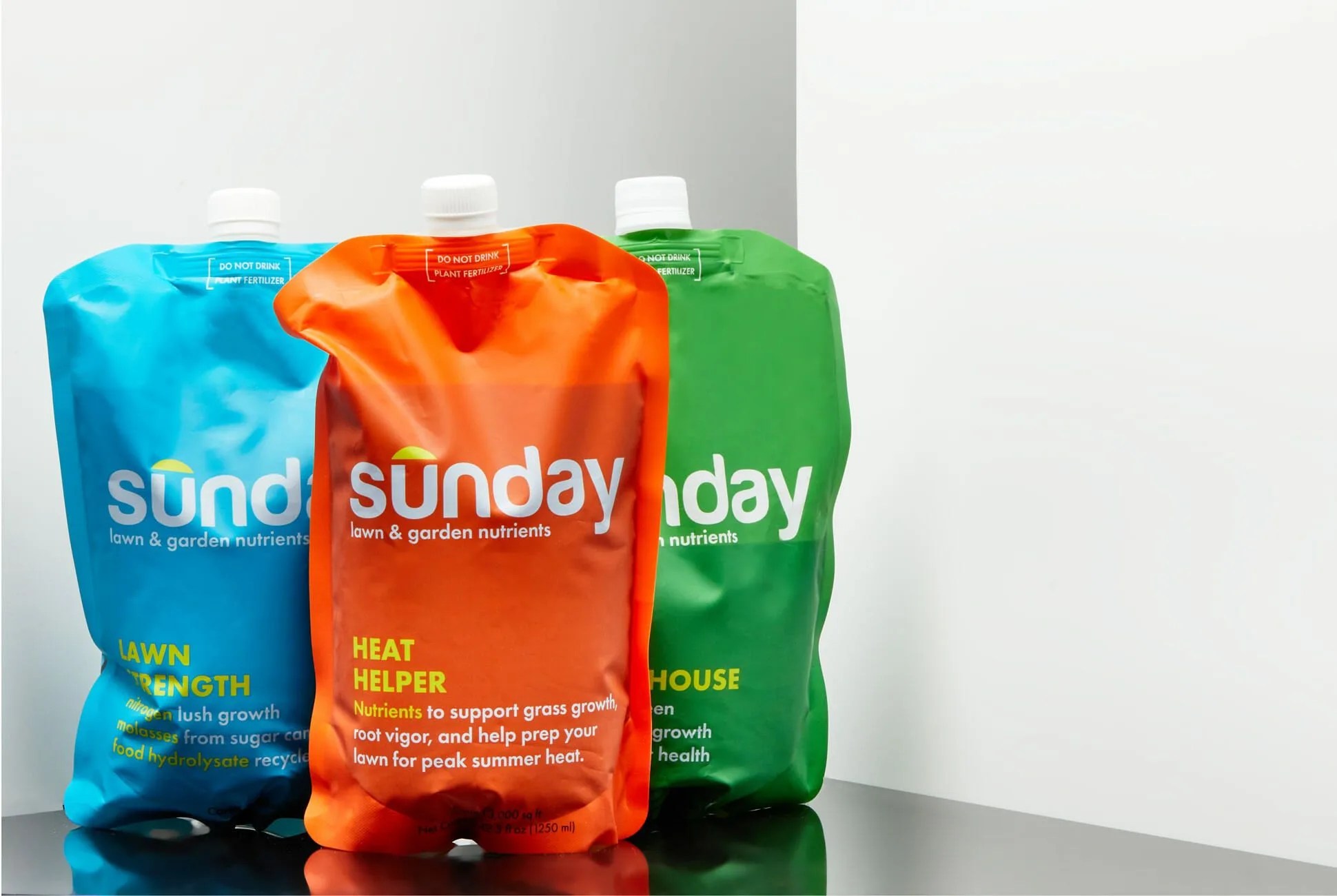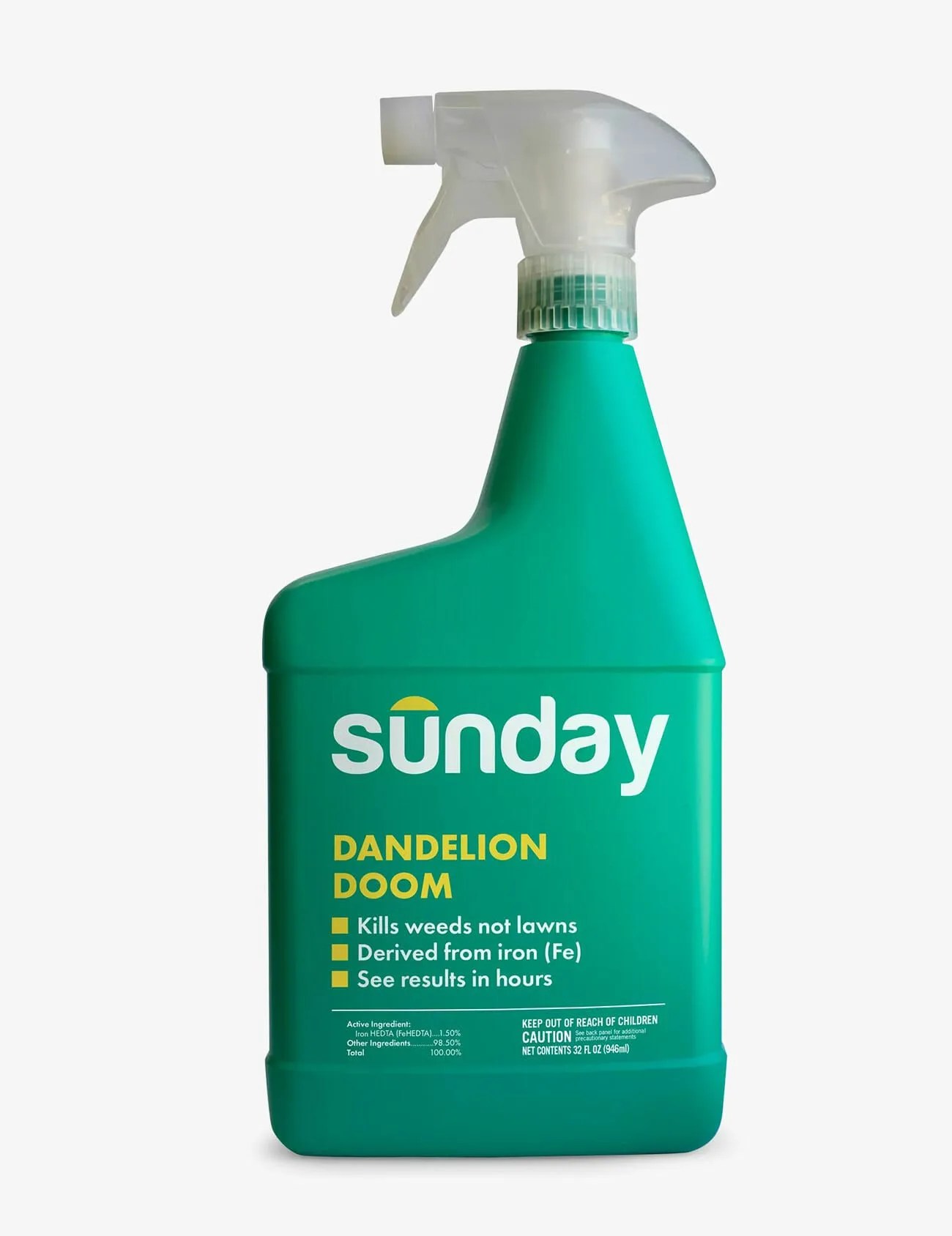This story is part of the GP100, our annual roundup of the best products of the year. To see the full list of winners, grab the latest issue of Gear Patrol Magazine.
In March of 2019, a United States District Court ordered Bayer AG, owner of Monsanto, the maker of the popular herbicide Roundup, to pay $80 million to a 70-year-old defendant who claimed the product caused his non-Hodgkin’s lymphoma.
Though regulatory agencies in the U.S. and Canada have stated that glyphosate, the key ingredient in Roundup and similar weed killers, is not a carcinogen, some studies have suggested there is a link between the compound and non-Hodgkin’s lymphoma, and it is currently facing sweeping bans in multiple countries.
The science is still out on glyphosate’s link to cancer, but the controversy raises an entirely reasonable question: Is it really worth using such a questionable chemical compound to kill a few dandelions?
Coulter Lewis doesn’t think so. After purchasing a home, Lewis was dismayed to find that the options for lawn-care products at his local Home Depot were limited to pallets of chemical-ridden pesticides and herbicides.
“The challenge is that people really lack a lot of experience with lawn care, and if you’re going into a store, there aren’t a lot of choices,” Lewis says. “The way we’re told to take care of it is in this very antiquated, brute-force kind of way, where we’re covering our entire property in pesticides and herbicides just in case we have a problem, rather than addressing things as they arise.”



